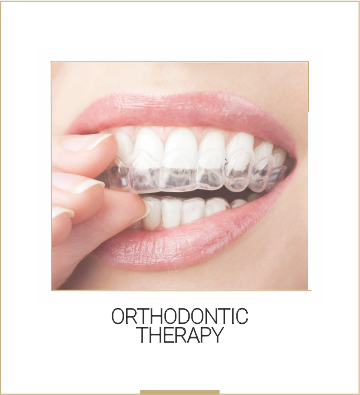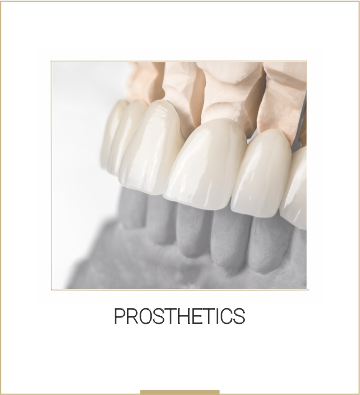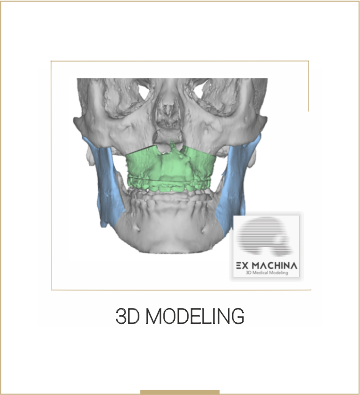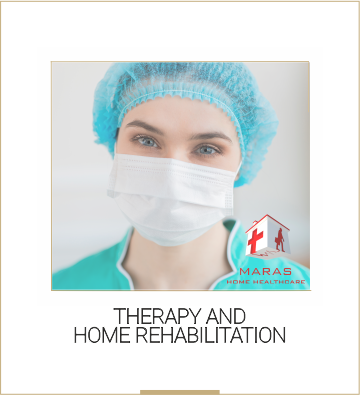Prosthodontists are recognized specialists in the treatment of a variety of complex dental conditions, such as multiple missing teeth, complete jaw loss, worn denture, traumatic damage to teeth or other oral tissues, congenital malformations of the teeth and oral cancer. According to the American Dental Association (ADA), Prosthodontics is one of the nine recognized dental specialties and the branch of Dentistry that focuses on dental prosthetics. Defined as “the dental specialty associated with the diagnosis, treatment planning, restoration and maintenance of oral function, comfort, appearance and health of patients with clinical conditions involving missing or damaged teeth and / or oral or maxillofacial tissues, with the use of biocompatible materials “.
The role of Prosthodontists varies from simple tooth restoration to complex restoration treatments that require the interdisciplinary involvement of other specialists such as orthodontists and maxillofacial surgeons. The holistic treatment of disorders of occlusion, associated with skeletal dysfunctions basically involves orthognathic surgery in combination with orthodontic and / or prosthetic treatment. Prosthetic work to patients undergoing orthognathic / orthodontic treatment is considered necessary in cases of multiple missing teeth with or without loss of periodontal tissue and damaged teeth, with or without loss of the vertical dimension of occlusion. The prosthetic treatment plan may include dental restorations (eg crowns, bridges), removable or immovable implant prostheses, or a combination of the above. The ultimate goal of these group and multi-specialized treatments is the surgical correction of skeletal disharmony, the achievement of a stable and functional occlusal relationship, and the improvement of facial and smile aesthetics.










